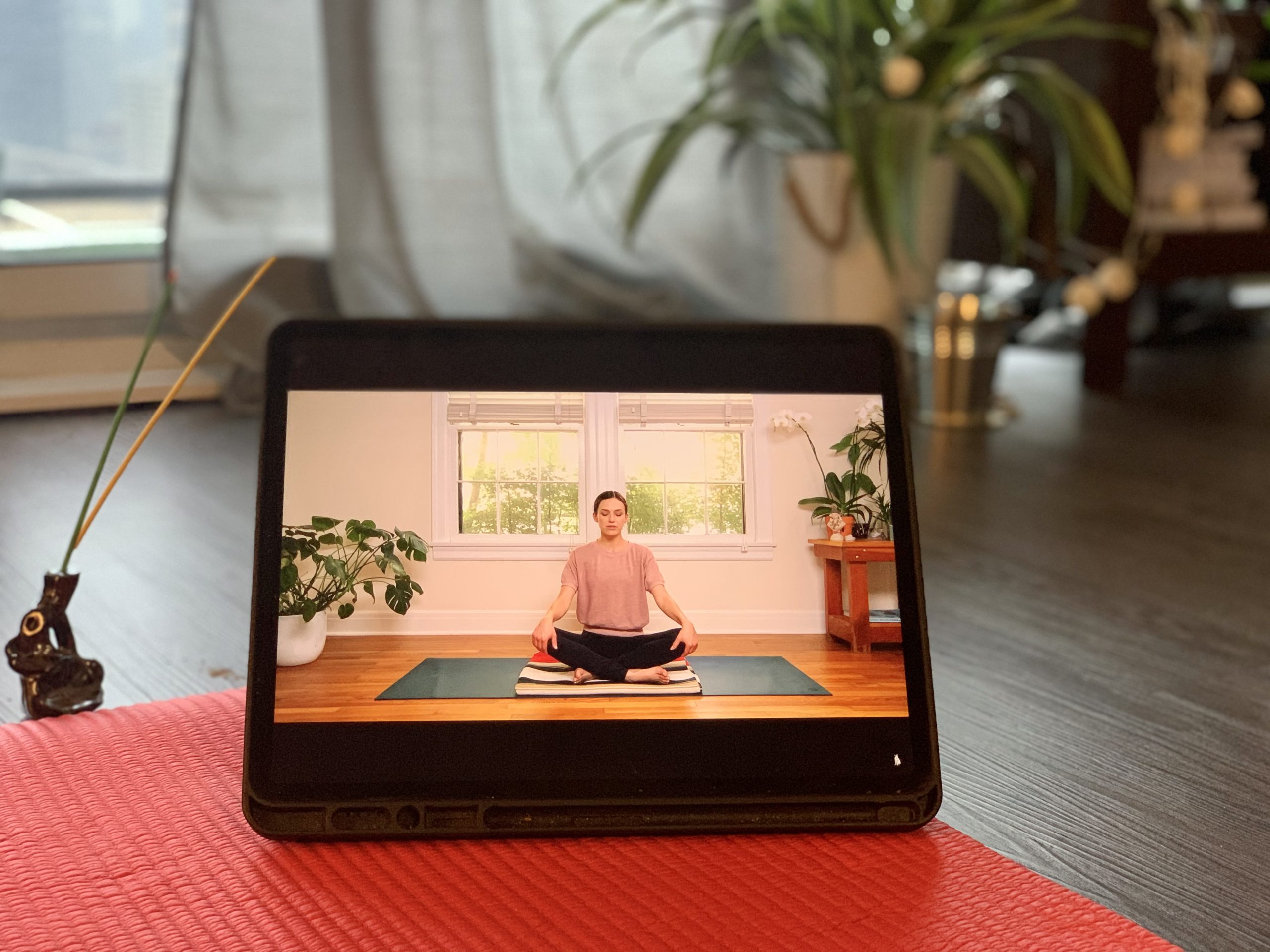Across the globe meditation holds various values and benefits. In some countries, it is interpreted as being a form of spirituality or playing a significant role in one’s religion, while in others it is a method of relaxation, a technique for clearing one’s thoughts and self-reflecting, or bringing an individual to an enhanced state of mental health and overall well-being.
It is no surprise that mindfulness meditation has become such a huge trend, especially with the overwhelming amount of stress that has been brought upon us by the pandemic.
Although there are many treatments, medications, and therapy sessions available to help individuals with their emotional distress, some people are looking for a more natural way to destress and stabilize their thoughts.
Dr. Paul Ritvo, professor in the School of Kinesiology and Health Science and Department of Psychology, shared his insights and research on the science behind meditation.
When explaining the science behind meditation, Dr. Ritvo states that the prefrontal cortex (PFC) is a newer part of the brain, evolutionarily, and associated with executive control of behavior, which includes ordering within-brain activities.
In meditation, the PFC is tasked with noting whatever thoughts arise and then redirects attention to breathing sensations. When attention shifts back from breathing to thinking, the redirection task (to breath awareness) is repeated. This process is engaged in for the duration of a mindfulness session, which lasts from several minutes to hours on a given day and can extend to multiple days of meditation retreats.
The repetition has a calming effect, while the deliberate replacing of attention on breathing sensations results in a dominance of the PFC over activities originating from other brain parts.
Dr. Ritvo outlines the many benefits as follows:
“Aside from strengthening our PFC functions and reducing amygdala dominance, mindfulness has other positive effects associated with actualizing our peacemaking tendencies. Our moods are largely influenced by how much we positively or negatively view environments, and with more confidence in peace making skills, we tend to view environments more positively.
“We also engage in more gratifying peaceful activities. We form peaceful teams that collectively achieve changes we’re proud and happy about. Here, the self-gratifying brain sections are stimulated, and we feel better due to positive interactions with others,” continues Ritvo.
The neurological sections involved are more diverse, but include sections of the limbic system and hypothalamus. Briefly put, mindfulness modifies the brain so we seek peace and productivity while having more success doing so. Meanwhile we’re better able to develop the positive relationships with others that are very emotionally satisfying in themselves.
The initial way to start mindfulness meditation is to get comfortable and remain seated and motionless for a few minutes. The task at hand is to practice bringing your attention to taking deep breaths, and as your mind begins to wander, remember to bring focus back to your breathing techniques of inhaling and exhaling, as well as paying attention to where you feel these breaths the most, as in your nose, belly, chest, etc.
After a few minutes or seconds later, while taking a deep breath to inhale, expand your belly and slowly elongate your exhale as your belly contracts. If you realize that your mind is preoccupied and distracted, that is to be expected — it helps you understand that we need to take a break and in doing so, focus on what we enjoy.
Fourth-year commerce student Amir Moghaddam had his own input to give on the matter, and explained how taking the time out of his day to meditate has had such a positive impact on his health.
“I believe in this day and age, where it is hard to live a normal life due to the disruptions caused by the pandemic, it can be very difficult to relax, focus, and stay positive all together— at least for me,” says Moghaddam.
“I find it very important to meditate and take some time to reflect on my mental health during these challenging times, especially with upcoming midterms and finals, so I can get that extra weight off of my shoulders.”
Regardless of how busy we are or what we each go through, it is important to maintain our quality of life through good health and happiness. Making time for doing the things we enjoy and taking some time out of our day to meditate can really bring out the best in us, and ensure a sense of fulfillment as we go about our schedules.


